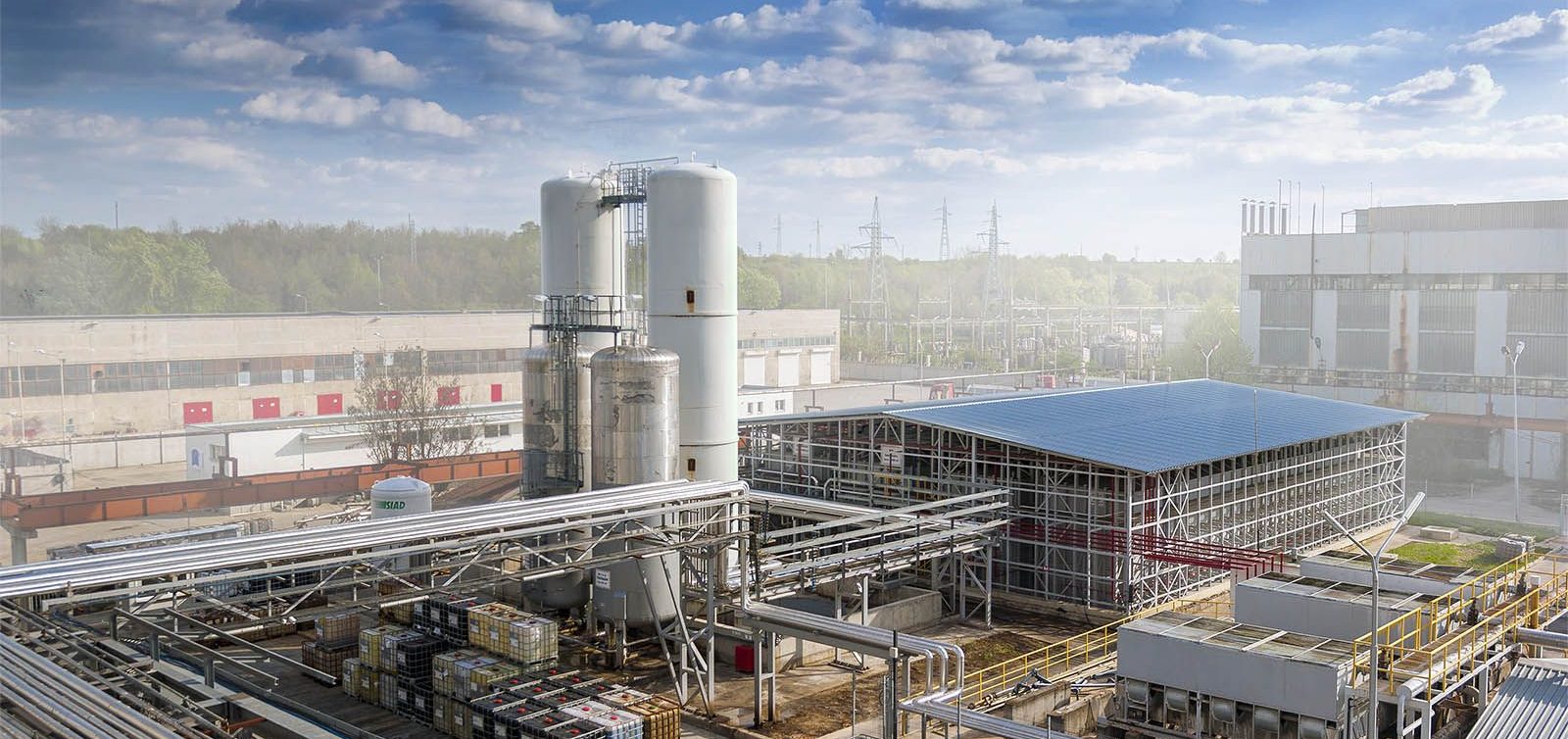Glycerol (glycerol) is a common industrial raw material and has many important applications in the food industry and chemical industry. The raw materials for glycerin industrial production mainly come from the scraps of biodiesel and oleochemicals. After rectification, condensation and decolorization, the finished refined glycerin is obtained.
The decolorization process commonly used in the glycerin industry is to add a certain amount of powdered activated carbon to the fraction of the rectification to remove the macromolecular pigment and the oil that has not been completely removed during the rectification process. However, this process is environmentally friendly and cannot be continuously produced. The activated carbon after decolorization of glycerin is a dangerous solid waste, and its treatment cost is high. With the stricter requirements of the environmental protection departments in recent years, the government departments have increasingly tightened the management of the amount of solid waste, which poses new challenges for the production enterprises in the glycerin industry.
In this context, has developed a special continuous fixed bed adsorption column and special granular activated carbon for the glycerol decolorization process through the accumulation of continuous decolorization process and related equipment for many years. The amount of waste is reduced by half and the quality of finished product color is greatly improved. More importantly, the company has the processing qualification of hazardous waste activated carbon, which can provide glycerin production enterprises with new carbon supply, equipment process supply and waste carbon recycling one-stop service.
In addition, for the waste salt produced in the production of glycerin, the company also has a solid waste landfill with an annual landfill capacity of 12,000 tons, which can legalize various waste salts produced in landfill glycerin and solve the solid waste of glycerin production enterprises. Worried about it.

